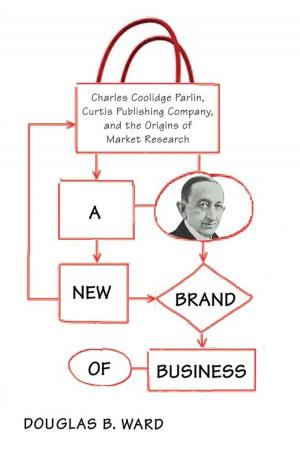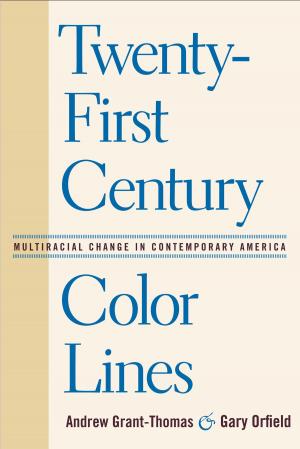Campaign Advertising and American Democracy
Nonfiction, Social & Cultural Studies, Political Science, Government, Political Parties, Elections| Author: | Michael M. Franz, Paul B. Freedman, Kenneth M. Goldstein, Travis N. Ridout | ISBN: | 9781592134571 |
| Publisher: | Temple University Press | Publication: | September 21, 2009 |
| Imprint: | Temple University Press | Language: | English |
| Author: | Michael M. Franz, Paul B. Freedman, Kenneth M. Goldstein, Travis N. Ridout |
| ISBN: | 9781592134571 |
| Publisher: | Temple University Press |
| Publication: | September 21, 2009 |
| Imprint: | Temple University Press |
| Language: | English |
It has been estimated that more than three million political ads were televised leading up to the elections of 2004. More than $800,000,000 was spent on TV ads in the race for the White House alone and presidential candidates, along with their party and interest group allies, broadcast over a million ads -- more than twice the number aired before the 2000 elections. What were the consequences of this barrage of advertising?
Were viewers turned off by political advertising to the extent that it disuaded them from voting, as some critics suggest? Did they feel more connected to political issues and the political system or were they alienated? These are the questions this book answers, based on a unique, robust, and extensive database dedicated to political advertising.
Confronting prevailing opinion, the authors of this carefully researched work find that political ads may actually educate, engage, and mobilize American voters. Only in the rarest of circumstances do they have negative impacts.
It has been estimated that more than three million political ads were televised leading up to the elections of 2004. More than $800,000,000 was spent on TV ads in the race for the White House alone and presidential candidates, along with their party and interest group allies, broadcast over a million ads -- more than twice the number aired before the 2000 elections. What were the consequences of this barrage of advertising?
Were viewers turned off by political advertising to the extent that it disuaded them from voting, as some critics suggest? Did they feel more connected to political issues and the political system or were they alienated? These are the questions this book answers, based on a unique, robust, and extensive database dedicated to political advertising.
Confronting prevailing opinion, the authors of this carefully researched work find that political ads may actually educate, engage, and mobilize American voters. Only in the rarest of circumstances do they have negative impacts.















